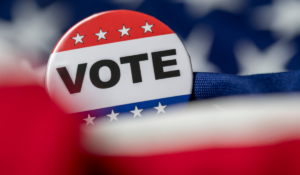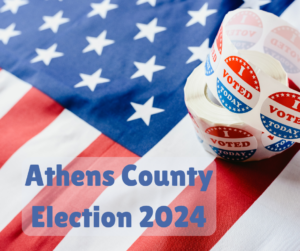Ohio to Receive More Than $240,000 in BioScrip Settlement

OHIO — Ohio Attorney General Mike DeWine announced today that Ohio will receive $240,845 as part of a multi-state, $15 million settlement with BioScrip, Inc. regarding allegations that the company received kickbacks in exchange for promoting a chronic iron overload drug.
The settlement resolves allegations that BioScrip received kickbacks from Novartis Pharmaceuticals Corporation to promote Novartis’ iron chelation drug Exjade directly to patients under the guise of a patient education program.
“Those involved played with the health of patients, causing Medicaid to pay for prescriptions that would have never been written if not for the kickbacks,” said Attorney General DeWine.
The kickback scheme began in 2007, at a time when Novartis became concerned that patients were discontinuing use of Exjade because of side effects. The government’s investigation found that the kickbacks were designed to induce BioScrip to try to keep patients on the drug as long as possible. As part of the scheme, BioScrip employees made thousands of phone calls to Exjade patients and downplayed the side effects of the drug.
Until 2012, when it sold most of its pharmacy business, BioScrip operated a specialty pharmacy that shipped prescription drugs to Medicaid patients around the country.
Exjade was approved by the FDA in late 2005 for the treatment of chronic iron overload due to blood transfusions. When Novartis launched the drug, it created a closed distribution network in which most Exjade prescriptions in the United States were filled by one of three pharmacies selected by Novartis. BioScrip was one of the pharmacies in this network, which Novartis promoted to doctors and patients as a way to foster patient education. Novartis controlled which pharmacy filled many of the prescriptions for Exjade dispensed through the network.
The government alleged that Novartis used its control of Exjade prescriptions, as well as various rebates and discounts, to pay kickbacks to BioScrip. For instance, Novartis created an “Exjade Scorecard” that measured how long patients took Exjade, and Novartis used this Scorecard to award more new patients to the pharmacy that kept patients on the drug the longest. BioScrip often won this competition and received valuable new patient referrals as a result.
A former BioScrip supervisor stated under oath that this competition and the rebates provided by Novartis “caused (BioScrip) to be focused exclusively on the number of orders and refill rates, rather than on patient care.”
The joint state/federal investigation of this matter was conducted by a team appointed by the National Association of Medicaid Fraud Control Units, the U.S. Attorney’s Office for the Southern District of New York, the U.S. Department of Justice, the Federal Bureau of Investigation, and other federal agencies.
The investigation was triggered by a whistleblower lawsuit, U.S. ex rel. Kester, et al. v. Novartis Pharmaceuticals Corporation, et al., No. 11-CIV-8196 (U.S.D.C. S.D.N.Y.), filed under the federal False Claims Act and similar state false claims statutes.









